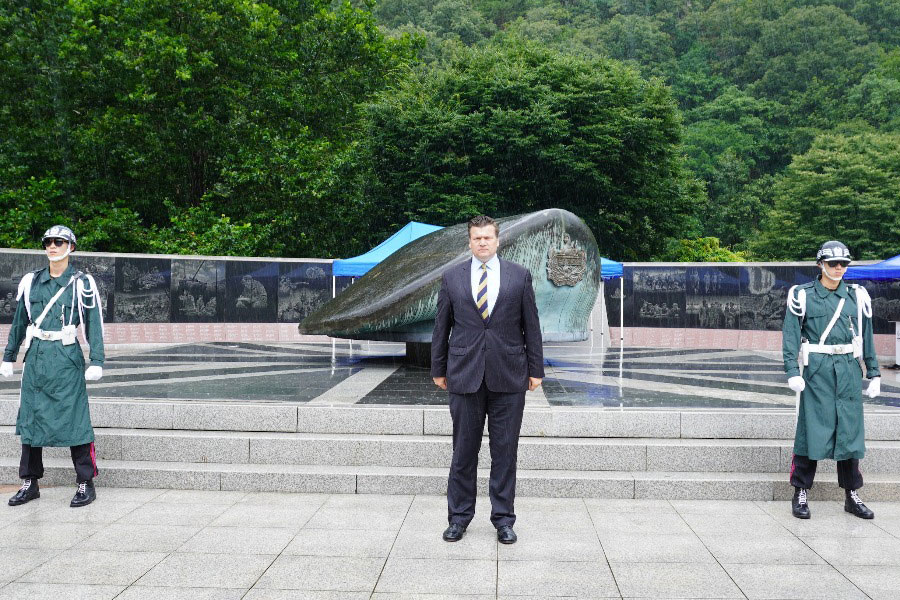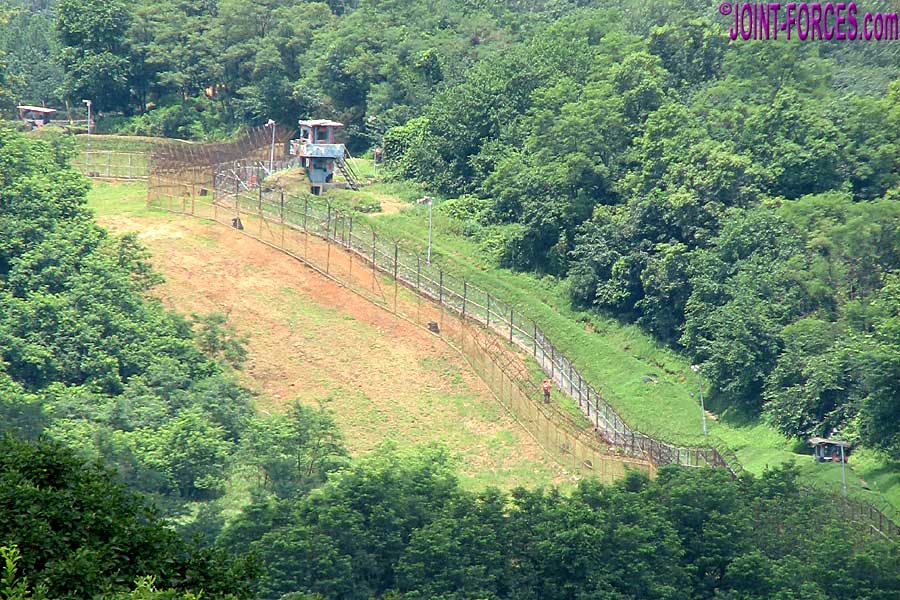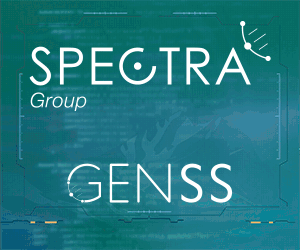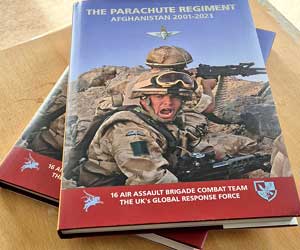
UK remembers the sacrifice of the armed forces in the Korean War ~ Commemorations are being held across the country.
~
Press Release, Whitehall, 27 July 2023: Across the country today, commemorations are being held to remember the sacrifice of British personnel who fought and died in the Korean War to mark the 70th anniversary of the signing of the Armistice that ended military conflict.
In London, Chief of the Defence Staff Admiral Sir Tony Radakin and Defence Minister Baroness Goldie will lead the UK in remembering the 81,084 UK men and women who served in the conflict, including more than 1,000 British servicemen who were killed in action, at a Royal British Legion national memorial service on Horse Guards Parade in London.
Up to 1,000 people, including His Royal Highness the Duke of Gloucester, the Ambassador of the Republic of Korea to the United Kingdom, His Excellency Yoon Yeocheol, and Korean war veterans, are expected to pay their respects at the ceremony outside the British Army’s Headquarters in London, where the Chief of the Defence Staff and Baroness Goldie will each lay a wreath.
Defence Minister Baroness Goldie said: “As the UK marks 140 years of relations with the Republic of Korea, we come together to remember all the thousands of people who fought for freedom in the Korean War 70 years ago. Those who sacrificed their lives will never be forgotten. Freedom is one of our most precious global attributes and those who died in the Korean War remind us that freedom is never free.”
In the Republic of Korea, Minister for the Armed Forces James Heappey yesterday (Wednesday 26 July) and the Chief of the General Staff, General Sir Patrick Sanders laid wreaths at the Battle of Imjin Memorial, also known as the Gloster Hill Memorial, in memory of personnel from The Gloucestershire Regiment who died in one of the conflict’s deadliest battles.
Today, tribute will also be paid by the Minister to the UN partner forces who came from around the world to repel the North Korean invasion. The Minister will attend a special commemoration ceremony hosted by Korea’s Ministry of Patriots and Veterans to mark UN Forces Participation Day. Joining the Minister will be 11 British veterans of the conflict and four who served in Korea after the war, who have travelled to the nation with their families for the anniversary.
Elsewhere across the UK, commemorations will be held at the Scottish Korean War Memorial in West Lothian, with all three services represented by senior and junior ranks.
The National Memorial Arboretum in Staffordshire hosted an early morning ceremony attended by representatives of the Royal Navy, Royal Marines, British Army and Royal Air Force, who laid wreaths at the Korea Memorial and Armed Forces Memorial. A Piper from F Company Scots Guards also performed.
At Horse Guards, three currently serving personnel will deliver readings and serving personnel will also build a Drumhead – a traditional Army service where Regimental drums are placed on top of each other to form an altar, before an Army Bugler will sound The Last Post and lead into a two-minute silence. The silence will be broken by the Bugler playing the Reveille. British Army Band Colchester will play the National Anthem and contribute to a performance of a Korean folk song.

The Korean War: The Korean War began on June 25 1950 when the Northern Korean People’s Army, backed by the Soviet Union, launched a military operation to conquer South Korea and unify the territories of the Peninsula under the North Korean communist regime.
The UK and the United States were among several nations that heeded the United Nations’ call to take up arms in defence of South Korea, with 81,084 British personnel serving in the theatre of operations. 1,106 British troops died in action. Armistice negotiations began in July 1951, but it wasn’t until two years later that a peace agreement was signed at Panmunjom and hostilities between the two nations finally ceased. The conflict is often referred to as the ‘forgotten war’ because of the relatively scant attention it receives in comparison to other conflicts of the era, namely the Second World War and the Cold War.
The Korean War Memorial in Victoria Embankment Gardens, which takes the form of a bronze statue of a British soldier, was gifted by the Republic of Korea to the UK in 2014 to honour the British troops that served in the conflict.
~



















